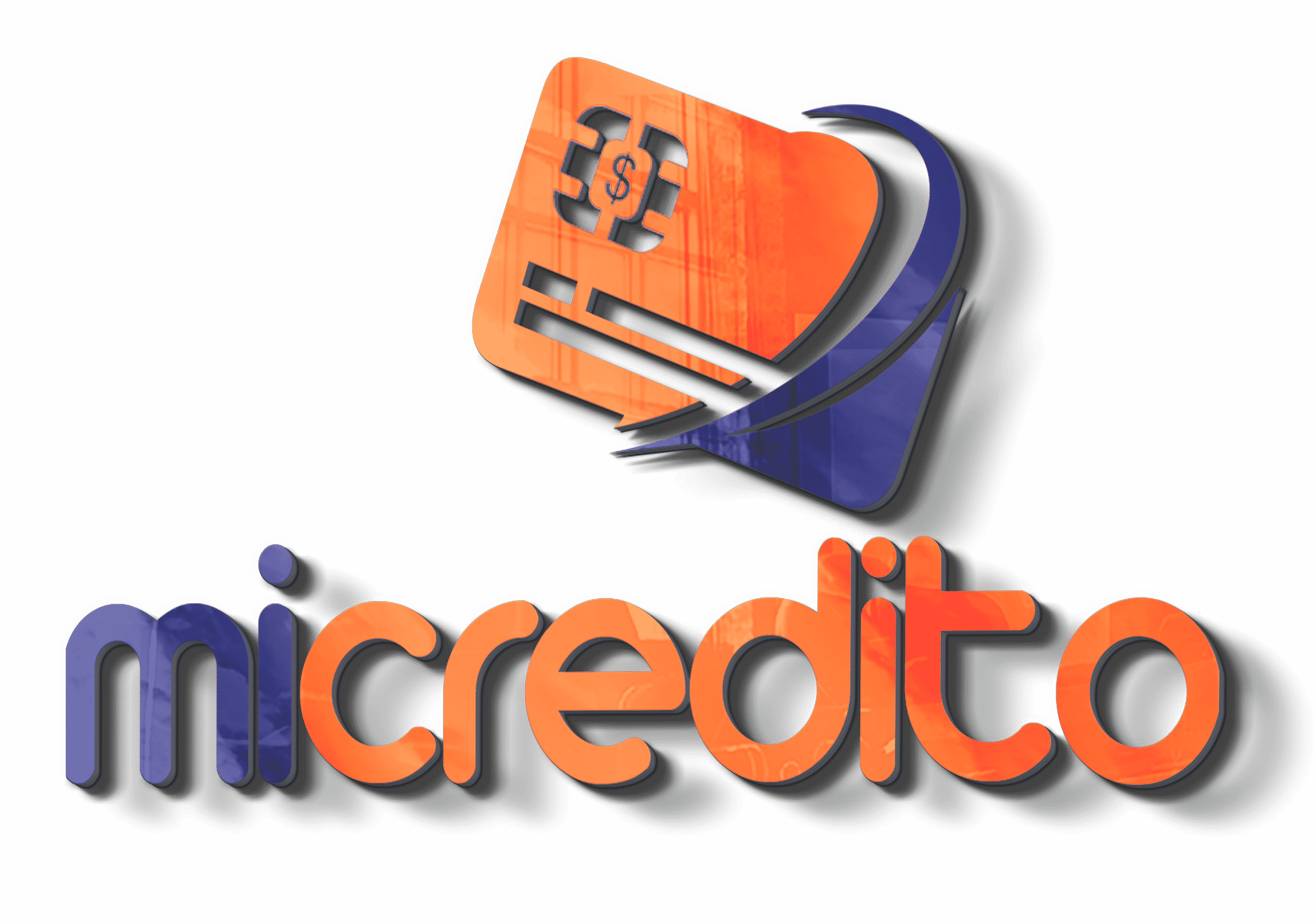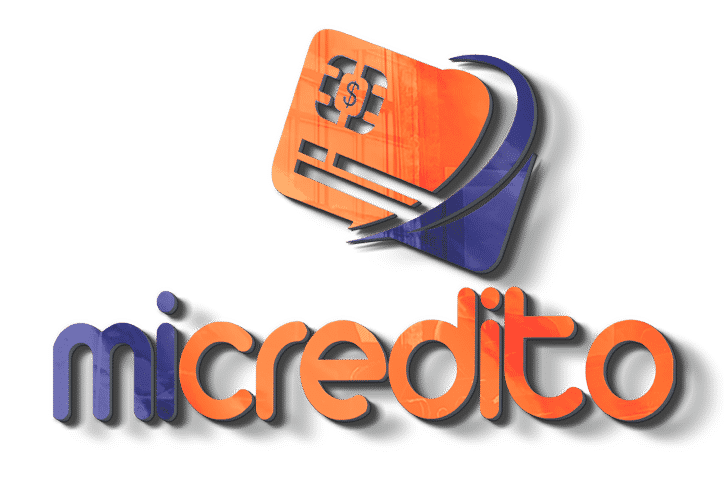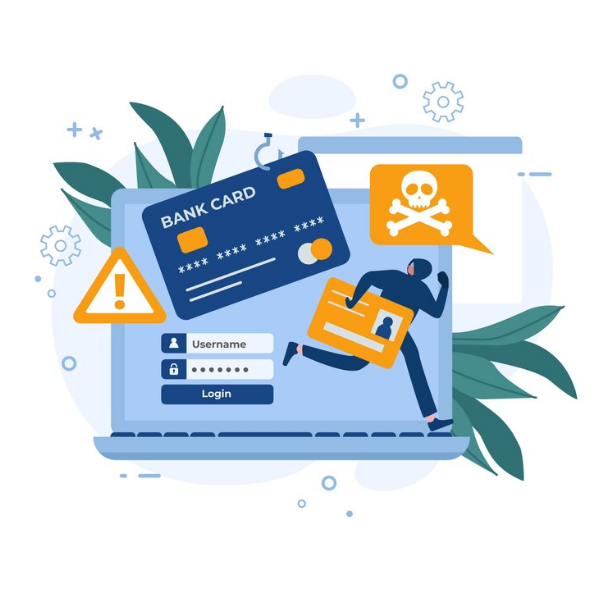Mortgage refinancing can be a strategic financial decision, allowing homeowners to optimize their mortgage terms, lower monthly payments, or access cash for other needs. However, refinancing isn’t a one-size-fits-all solution, and making the right choice depends on individual goals, timing, and financial stability.
Whether you’re looking to reduce your interest rate, shorten your loan term, or take out cash for other projects, understanding when refinancing makes sense can help you achieve financial peace of mind. Let’s explore the key scenarios where refinancing becomes a powerful tool to elevate your financial position and what you should consider before taking the plunge.
Lower interest rates and monthly payments: a chance to save

When interest rates drop, refinancing your mortgage to secure a lower rate can be a fantastic way to reduce monthly payments, often by hundreds of dollars. Even a 1-2% decrease can have a significant impact over the life of your loan. A lower rate not only reduces your monthly commitment but also minimizes the overall interest paid throughout the loan term.
Homeowners with good credit scores stand to benefit the most, as they’re often offered the lowest available rates. However, it’s essential to factor in closing costs and fees associated with refinancing. These costs can typically range from 2-5% of the loan amount and should be weighed carefully against potential monthly savings.
By securing a lower rate and monthly payment, you can free up additional funds for investments, savings, or everyday expenses. Ultimately, refinancing in a favorable rate environment can provide a more affordable, flexible mortgage that aligns better with your financial needs.
Considerations: who benefits most from rate reduction?
Homeowners with fixed-rate mortgages may see fewer benefits in refinancing, especially if current rates are near what they’re already paying. However, those with adjustable-rate mortgages (ARMs) may benefit from refinancing to a fixed rate during a period of rising interest rates. Locking in a lower, fixed rate offers predictability and shields against future rate increases.
Similarly, homeowners with high-interest loans obtained during periods of economic volatility often benefit significantly from refinancing once rates stabilize. For those considering refinancing for rate reduction, financial stability and plans to stay in the home long-term are crucial.
If your plans involve selling or moving in a few years, the costs of refinancing may not be justified. In these cases, refinancing only makes sense if monthly savings offset the costs within the anticipated time frame of ownership.
Evaluating rate trends before committing
Timing is a critical component of successful refinancing. It’s wise to monitor market rates before committing to a refinance. Economic conditions, including inflation rates and Federal Reserve policy decisions, often drive changes in mortgage rates. Working with a trusted lender can provide insights into market trends and help you secure the best rate for your situation.
Accessing home equity with a cash-out refinance
A cash-out refinance allows homeowners to borrow against their home’s equity, often at lower interest rates than personal loans or credit cards. This option is ideal for those needing funds for significant expenses like home improvements, education, or consolidating high-interest debt.
By refinancing for a larger loan amount than you currently owe, you can tap into your home’s equity while potentially securing a better mortgage rate. Cash-out refinancing can be a powerful financial strategy, especially if it results in a lower interest rate compared to other forms of borrowing.
However, it’s essential to manage this approach carefully, as the new loan amount will require monthly payments over the extended loan term. Cash-out refinancing is best for homeowners confident in their ability to make consistent payments and those who intend to stay in the property long enough to make the process financially worthwhile.
Smart uses for cash-out refinancing
When used responsibly, cash-out refinancing can provide immediate funds for value-adding projects like home renovations, which could increase the property’s market value. Additionally, it’s a popular choice for consolidating high-interest debt, such as credit card balances, into a single, lower-interest loan.
For homeowners with substantial equity, cash-out refinancing offers a unique opportunity to fund essential expenses without resorting to higher-interest borrowing options. That said, it’s crucial to approach cash-out refinancing cautiously, as overleveraging your home can increase financial strain if unexpected expenses arise.
If the funds are directed toward investments with a high potential for return, cash-out refinancing can be a smart financial move. Conversely, it may not be as beneficial if the funds are used for discretionary spending, as this can lead to higher long-term costs.
Risks and rewards of borrowing against home equity
Accessing home equity can be empowering, but it’s vital to be aware of potential risks. For one, borrowing more against your home increases the stakes of monthly payments, potentially straining your budget. If property values decline, you could end up owing more than the home’s market value. This scenario, known as being “underwater,” makes selling the property more challenging.
Refinancing to shorten the loan term
For homeowners focused on reducing their overall debt faster, refinancing to a shorter loan term, such as switching from a 30-year to a 15-year mortgage, can be highly beneficial. Shorter-term loans often come with lower interest rates, enabling borrowers to save significantly on interest over the loan’s life. While monthly payments are higher, the potential savings and faster debt reduction often make this choice worthwhile.
Refinancing to a shorter term appeals to those with stable income who are prepared to handle higher monthly payments. It can also align well with retirement planning, allowing homeowners to pay off their mortgage in time for retirement and reduce financial burdens in later years. However, the upfront cost increase must be manageable within the homeowner’s monthly budget.
Advantages of paying off your mortgage faster
Refinancing to a shorter term allows homeowners to achieve debt-free status faster, providing peace of mind and reducing financial obligations in the long run. Additionally, owning a home free and clear of debt can improve credit scores, increase financial stability, and potentially allow for greater savings or investments.
For families aiming to build generational wealth, owning a home outright offers security and flexibility. The trade-off, however, is higher monthly payments, which might require adjustments in other areas of the household budget.
A thorough review of financial priorities and a clear plan are essential for making this transition successfully. Homeowners should be cautious not to overextend financially, as the faster payoff goal must be balanced with other financial responsibilities.





